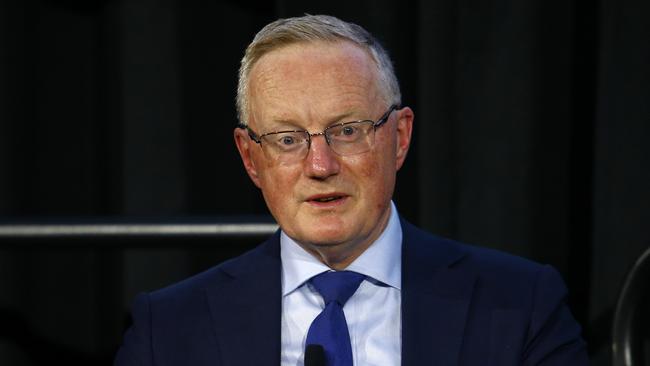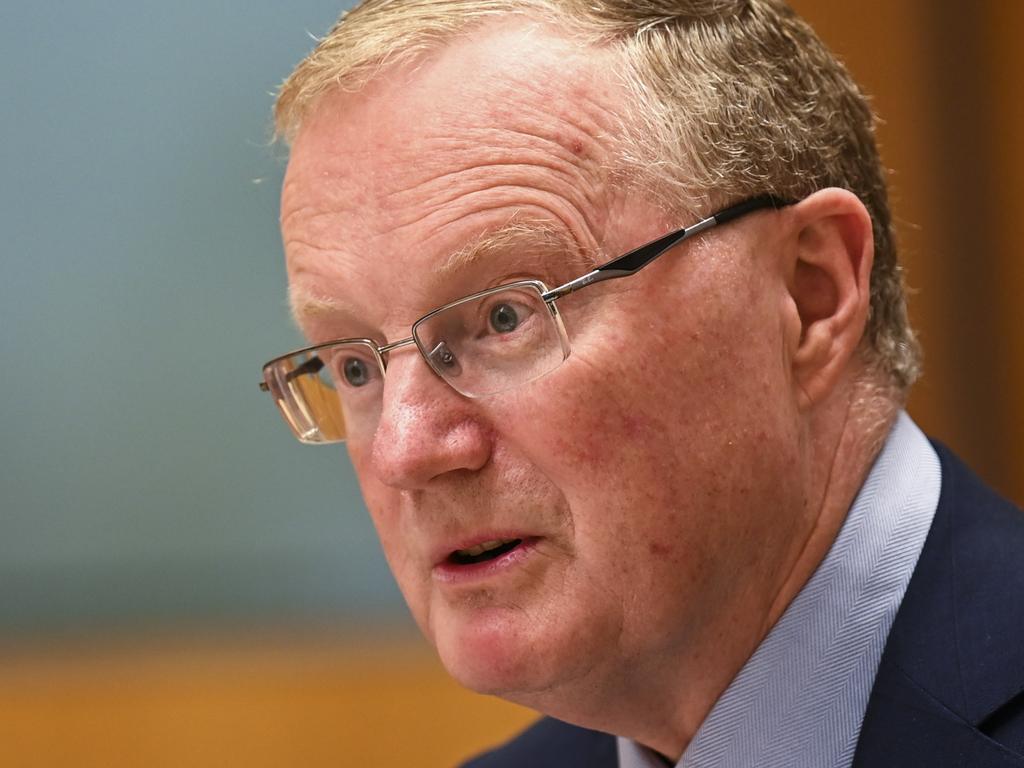Phil Lowe should feel slightly offended by the RBA shake-up, he’s controlled inflation well


Its central messages were both confusing and contradictory. The bank has done a good job but it must be restructured. Monetary policy has been “fundamentally sound” but needs to be formulated in a different way. We should follow the practice of some other countries by having a Monetary Policy Board with external expert appointees.
This is notwithstanding the fact that monetary policy in those countries has been no better than ours and, in some cases, worse.
The bank’s workplace culture could be improved. Earlier mistakes notwithstanding, Lowe has managed the task of bringing down inflation with patience and determination.
Arguably, he’s Australia’s least popular person. No doubt, he feels great compassion when he hears about families pushed to the limit by rising mortgage payments and other cost-of-living pressures.
But the bank’s objective is to bring inflation back within the 2 to 3 per cent range as soon as possible without disproportionately crunching the economy.
It’s not surprising that Lowe has seen sense in some of the housekeeping recommendations offered up in the review. As he said on Wednesday, “the world we face is increasingly complex, and it is right to re-examine how we make and communicate monetary policy decisions and how the RBA is managed”.
The board will meet fewer times but for longer and there will be a press conference after each meeting conducted by the governor. All members of the board, and not just the governor, will sign the Statement on the Conduct of Monetary Policy, the agreement between the government and the bank. Board members will be encouraged to meet with bank staff members and should be free to make speeches about monetary policy.
None of this is earth-shattering stuff. The key changes are in the hands of the Treasurer – in particular, the splitting of the board between the Monetary Policy Board and an operational board.
The recommendation of the review that external appointments should be in the majority on the MPB is unworkable and should be ditched.
In the case of the Bank of England, there are five bank appointees and four outside ones. There is a serious transition problem, with all board members likely to want to go on the MPB.
While it is fine to have the statement signed by the whole board, any radical change from the current inflation targeting as outlined therein would be retrograde and potentially very damaging to the economy.
The notion that inflation and full employment should be given equal weighting should be ruled out as soon as possible by the Treasurer.
For those hanging on every word of the current governor for as long as he is in office, there was some glimmer of hope when he stated that it was not certain that the cash rate would be lifted again in the current cycle.
He’s not ruling it out but, hey, that’s the kind of language we expect from the head of a central bank.







If I werePhil Lowe – or a member of the Reserve Bank board, for that matter – I would feel slightly offended by the review of the RBA released in March.